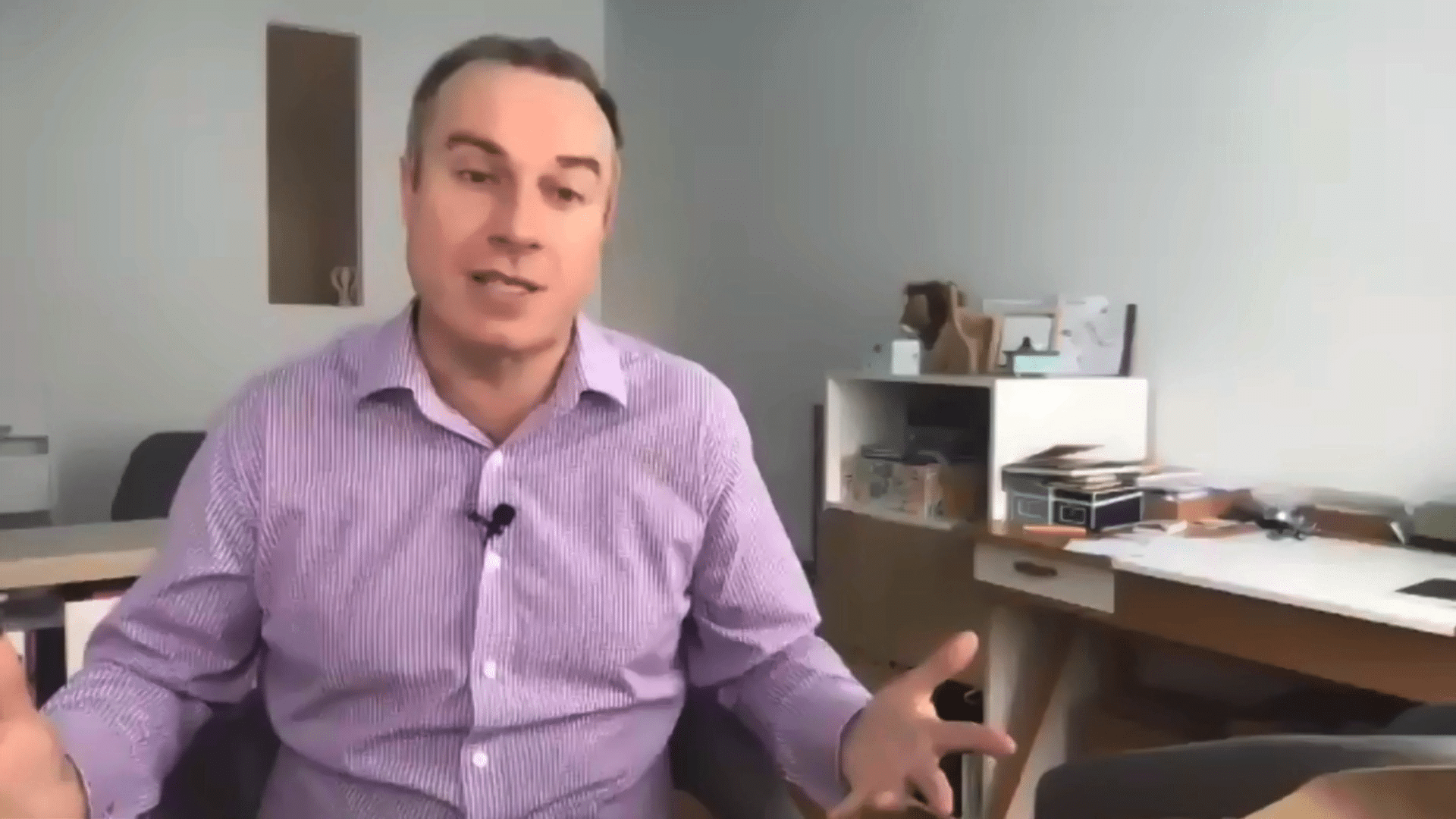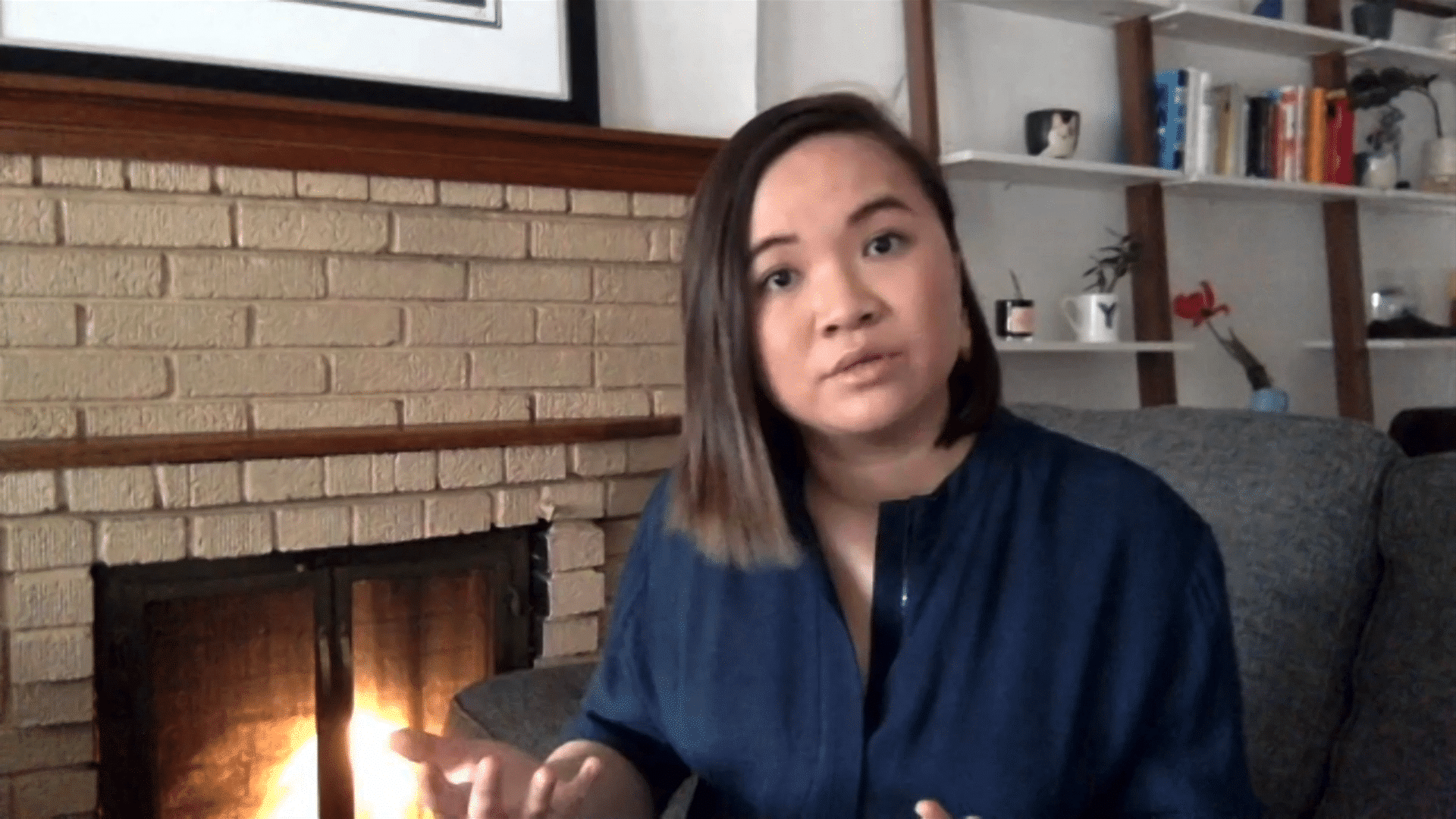How will climate change impact migration?
What will you learn about in this series? Our experts Dr. François Gemenne, Dr. Caroline Zickgraf, and Dr. Yvonne Su and youth activists introduce some of the main themes.
“The Big Climate Movement: Migration & displacement in times of climate change,” consists of 11 bite-sized videos with academics and young climate activists on the topics of migration and climate change. In this series, you will explore the contested relationship between climate change and mobility, examine the complexity of determining who is responsible for protecting those on the move and discover why the term ‘climate refugee’ is so controversial, including case studies from West Africa and Southeast Asia.

Dr. François Gemenne is a specialist of environmental geopolitics and migration governance at the University of Liège, where he is a FNRS senior research associate and the Director of the Hugo Observatory. He is a lead author for the IPCC and he also lectures on climate change and migration policies in different universities, including Sciences Po and Sorbonne University in Paris. He has conducted field studies in New Orleans after hurricane Katrina, Tuvalu, China, Kyrgyzstan, the Maldives, Mauritius, as well as in Japan after the Fukushima disaster. He is currently coordinating two important European research projects: MAGYC, on migration governance and asylum crises, as well as HABITABLE, on migration induced by climate change.

Dr. Yvonne Su is an Assistant Professor in the Department of Equity Studies in the Faculty of Liberal Arts & Professional Studies at York University in Canada. She is a member of the Centre for Refugee Studies, the Centre for Research on Latin America and the Caribbean, and the York Centre for Asian Research. Yvonne is a specialist on forced migration, queer migration, diaspora studies and post-disaster recovery. Broadly, her research interests focus on migration and development, refugee protection and disaster risk reduction. She is also the recipient of over 25 national and international awards and scholarships including the Young Woman of Distinction Award and the University of Guelph’s Young Alumni Award.

Dr. Caroline Zickgraf acts as Deputy Director of the Hugo Observatory: Environment, Migration, Politics in the Department of Geography and Research Fellow at UR-SPHERES at the University of Liège. Dr. Zickgraf’s main areas of research are the migratory impacts of climate change on coastal populations, transnationalism, migration and sustainability, and (im)mobility, primarily in West Africa. In addition to her research, she teaches environment and migration and environmental politics at University of Liège, l’Institut des Hautes Études des communications Sociales (IHECS) in Brussels, and Sciences Po’s Paris School of International Affairs (PSIA). Dr. Zickgraf is part of the scientific coordination team for the HABITABLE project, financed by the European Commission.
These videos were produced by Migration Matters e.V. and are part of an interactive open online course that invites refugees and non-refugee students from all over Europe and the Southern Mediterranean to learn together in an interactive, online classroom as part of the Erasmus+ Virtual Exchange project.
These videos were produced under a contract with the Education, Audiovisual and Culture Executive Agency, financed by the European Union’s budget. The opinions expressed are those of the contractor and do not represent the contracting authority’s official position.
© 2020 European Union and EACEA. All rights reserved.
You are free to embed these videos.